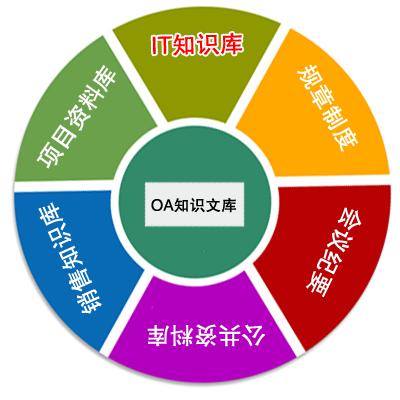
Retrieval Augment Generation (RAG) is a recent advancement in Open-Domain Question Answering (ODQA). RAG has only been trained and explored with a Wikipedia-based external knowledge base and is not optimized for use in other specialized domains such as healthcare and news. In this paper, we evaluate the impact of joint training of the retriever and generator components of RAG for the task of domain adaptation in ODQA. We propose \textit{RAG-end2end}, an extension to RAG, that can adapt to a domain-specific knowledge base by updating all components of the external knowledge base during training. In addition, we introduce an auxiliary training signal to inject more domain-specific knowledge. This auxiliary signal forces \textit{RAG-end2end} to reconstruct a given sentence by accessing the relevant information from the external knowledge base. Our novel contribution is unlike RAG, RAG-end2end does joint training of the retriever and generator for the end QA task and domain adaptation. We evaluate our approach with datasets from three domains: COVID-19, News, and Conversations, and achieve significant performance improvements compared to the original RAG model. Our work has been open-sourced through the Huggingface Transformers library, attesting to our work's credibility and technical consistency.
翻译:检索增强生成系统(RAG)是开放域问答系统(ODQA)最近的一项进展。RAG只是用一个基于维基百科的外部知识库进行培训和探索,没有优化用于医疗保健和新闻等其他专门领域。在本文件中,我们评估了RAG检索器和生成器组件联合培训对ODQA域适应任务的影响。我们建议将\ textit{RAG-end2end}扩展至RAG,通过更新外部知识库的所有组成部分,适应于一个特定领域的知识库。此外,我们引入了一个辅助培训信号,以输入更多的特定领域知识。这一辅助信号力量 \ textit{RAG-end2end}通过从外部知识库获取相关信息来重建给定句。我们的新贡献不同于RAG, RAG-end2end 将检索器和生成器的联合培训用于最终开放式QA任务和域适应。我们从三个领域(COVID-19, News, 和 RFARFA ) 的原始测试工作取得了显著的成绩。




